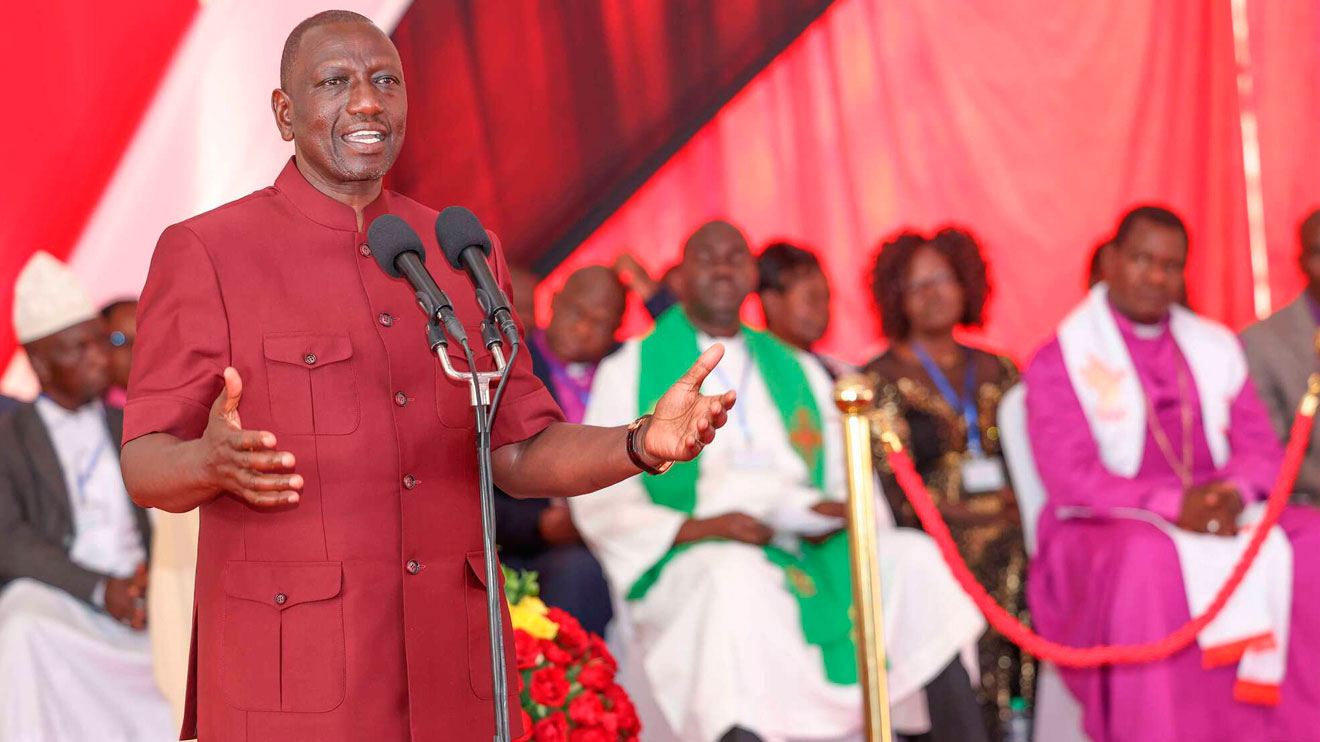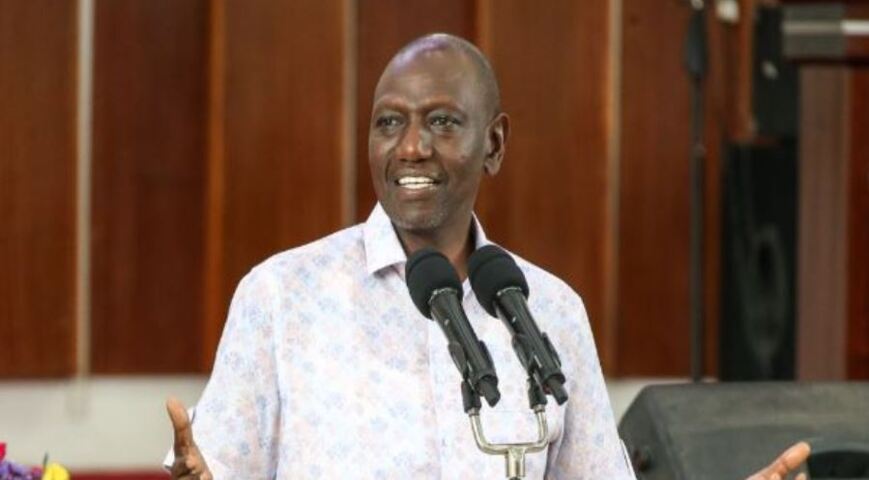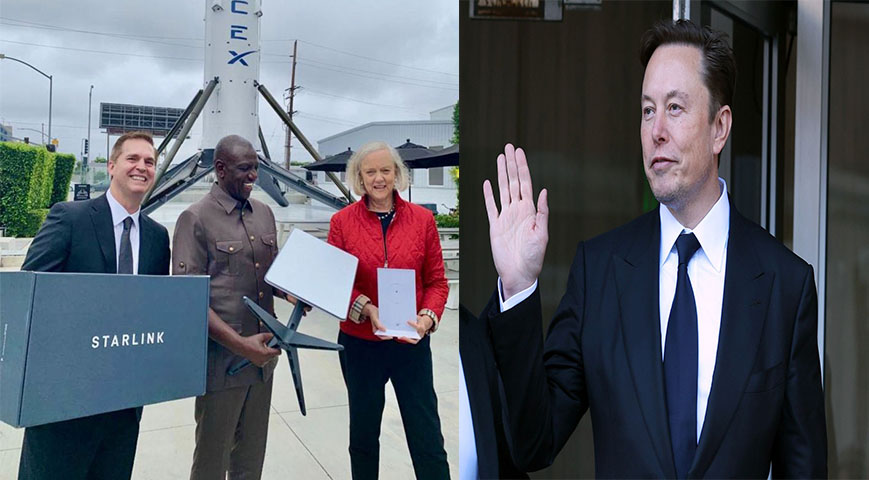President William Ruto recently highlighted the impact of Elon Musk’s satellite internet service, Starlink, on Kenya's telecommunications industry.
Speaking at the United States-Kenya Business and Investment Roundtable in New York, President Ruto discussed how Starlink’s entry has intensified competition in the local internet market, particularly challenging established providers like Safaricom.

Ruto noted that while Safaricom's CEO, Peter Ndegwa, may not be entirely pleased with the new competition, it has spurred the company to enhance its services.
Did you read this?
Safaricom controls a significant portion of Kenya’s fixed internet market, with over 370,000 homes and 32,000 businesses connected. To remain competitive, Safaricom recently increased its internet speeds across various packages.
The telco also introduced a high-speed Platinum package offering 1,000 Mbps, targeting gamers and heavy content creators.

Starlink, launched in Kenya in July 2023, provides satellite-based internet, offering speeds between 50 Mbps and 500 Mbps, significantly higher than most local providers.
Its satellite technology allows people in remote areas to access high-speed internet, unlike fiber-optic services, often limited to urban regions. Starlink also plans to enhance download speeds to 1 Gbps and 10 Gbps as more satellites are deployed.
As the President of Kenya says, Starlink causes local competitors to provides better services https://t.co/meisMWvhnr
— Elon Musk (@elonmusk) September 24, 2024
Ruto reaffirmed the government's commitment to expanding Kenya's internet infrastructure by laying 100,000 km of fiber optic cable to boost broadband connectivity. He also emphasized the role of Artificial Intelligence (AI) in critical areas like education funding, fertilizer distribution, and the Social Health Insurance Fund (SHIF).
Despite recognizing AI's benefits, Ruto acknowledged potential cybersecurity threats, calling for collaborations with tech companies like Google to safeguard the nation's digital platforms.









